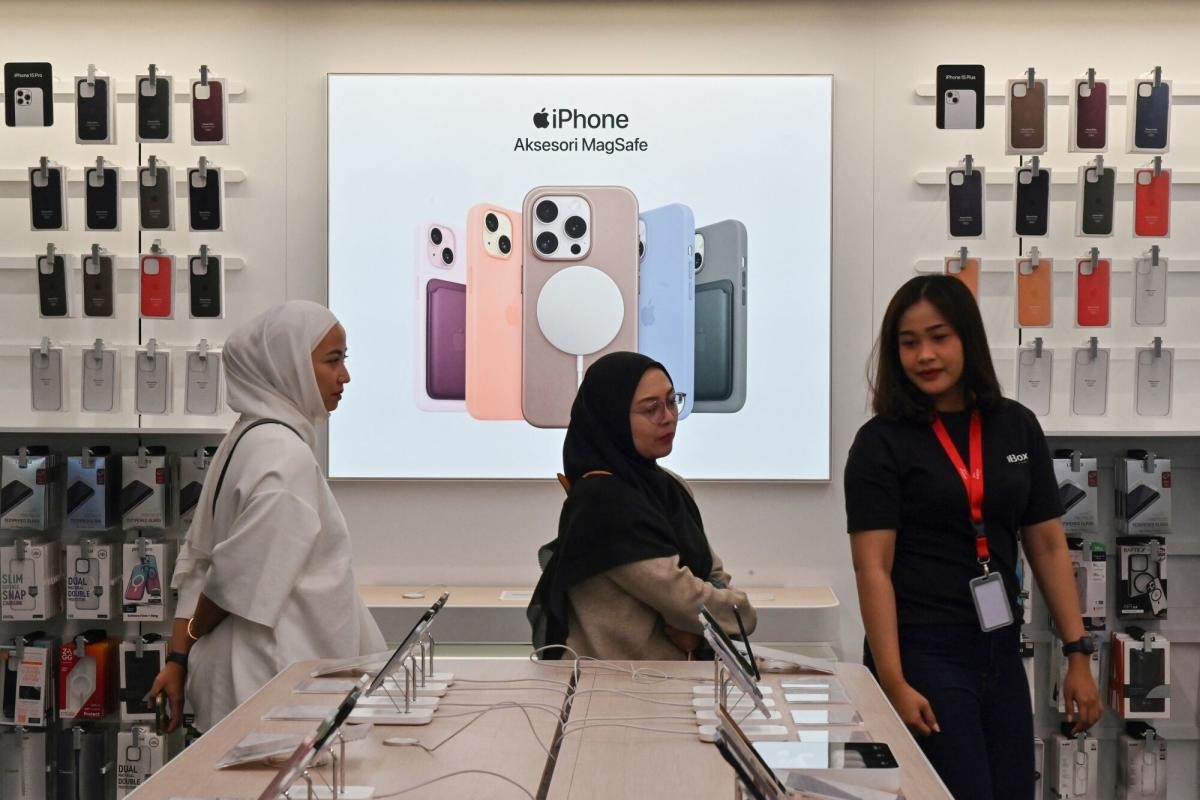
Indonesia wants Apple to sweeten its $100 million proposal as tech giant lobbies for iPhone 16 sales
Indonesia is pushing Apple to increase its proposed $100 million investment package as the tech giant seeks regulatory approval to sell its latest iPhone models in the Southeast Asian nation.
The investment offer, which marks a tenfold increase from Apple's earlier proposal, includes plans for a research and development center and a professional development academy over two years. The company also intends to begin manufacturing mesh components for AirPods Max headphones starting July 2025.
However, Indonesian officials indicate they want Apple to commit more resources. "From the government's perspective, we want this investment to be larger," said industry ministry spokesperson Febri Hendri Antoni Arif in a statement to state media.
The negotiations come as Apple's newest iPhone models currently fail to meet Indonesia's requirement that 40% of smartphone and tablet components be sourced domestically. This regulation aims to boost local industry and employment.
Industry ministry representatives met with Apple executives on Thursday to discuss the proposal. Officials emphasized that Indonesian manufacturers could support production of Apple accessories and charging devices, suggesting room for expanded collaboration.
While Indonesia represents a relatively small market for Apple currently, analysts note its strategic importance as the world's fourth most populous nation. The country's young, digitally-engaged population presents substantial growth opportunities for Apple's global expansion plans.
The ongoing discussions highlight Indonesia's growing leverage in negotiations with major tech companies as it seeks to develop its domestic manufacturing capabilities. Apple's willingness to increase investment signals its interest in maintaining access to this emerging market while diversifying its supply chain.
As negotiations continue, the final agreement could set an important precedent for how global technology firms navigate Indonesia's industrial development priorities while pursuing market access in Southeast Asia's largest economy.